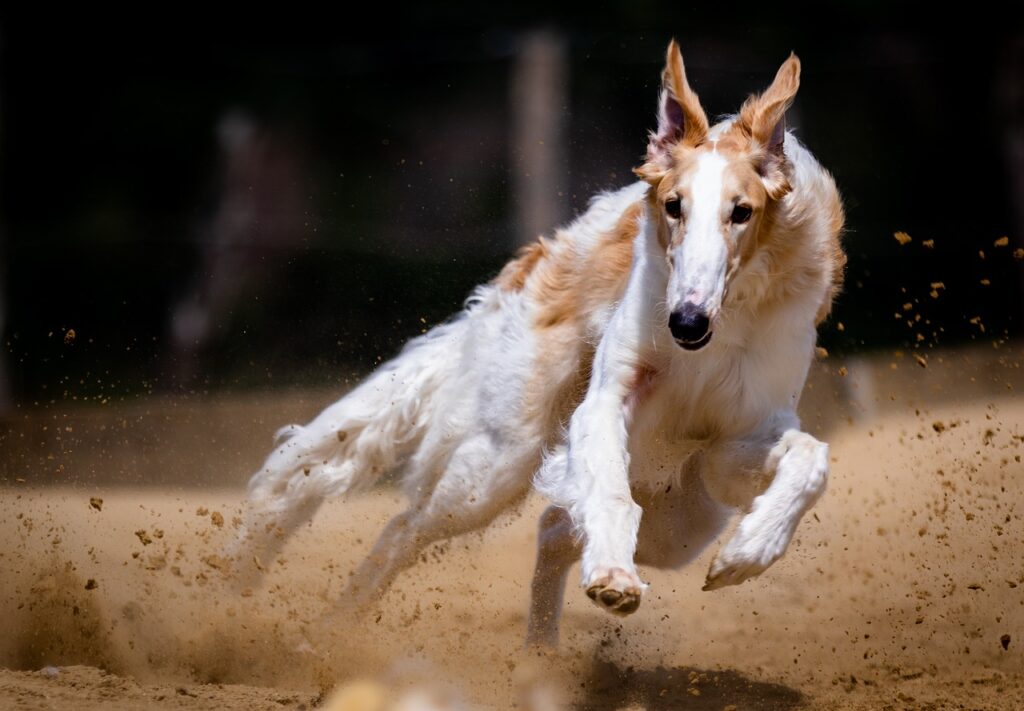Can Dogs Eat Celery? – Yes, They can
Yes, dogs can eat celery but with caution. Celery is known for being low in calories and high in vitamins, minerals, and water content, which can be beneficial for dogs. However, it’s crucial to introduce celery and other human foods into your dog’s diet gradually to monitor for any potential negative reactions. As with any treat, celery should only be given in moderation to avoid gastrointestinal upset.
Can Puppies Eat Celery?
Yes, puppies can also nibble on celery but they should do so cautiously. Puppies have sensitive digestive systems, so it’s vital to give them small, bite-sized pieces to prevent choking. Just like with adult dogs, celery should be a treat and not replace regular puppy food, which provides them with the essential nutrients needed for growth and development.
Things to consider when feeding celery to puppies?
When offering celery to puppies, always start with tiny pieces to make it manageable for their small mouths. Monitor your puppy closely to ensure they are not having any difficulty chewing or swallowing. It’s also essential to consider that puppies need a balanced diet for their growth, and treats like celery should never be more than 10% of their total daily intake.
Nutritional Benefits of Celery for Dogs – Why Celery is Good for Dogs?
Vitamins and Minerals
Celery is packed with vitamins A, C, and K, along with potassium and folate, which support a dog’s immune system, vision, blood clotting, and overall health.
Hydration
With its high water content, celery can help keep your dog hydrated, especially on hot days or after exercise.
Low in Calories
This vegetable is an excellent snack for dogs that need to maintain or lose weight since it is low in calories.
Dental Health
Chewing on the fibrous structure of celery can help clean a dog’s teeth, freshen their breath and may contribute to better dental health.
Antioxidants
Celery contains antioxidants that can help combat free radicals, potentially reducing the risk of chronic diseases.
Potential Allergies: Can Dogs Be Allergic to Celery?
While allergies to celery in dogs are relatively rare, they can still occur. It’s crucial to introduce any new food into a dog’s diet slowly and monitor them for any signs of an allergic reaction.
Symptoms of Celery Allergies in Dogs
- Itchy skin or rash : If you notice your dog scratching more than usual after consuming celery, they may be experiencing an allergic reaction.
- Gastrointestinal upset: Symptoms like vomiting or diarrhea can signify an allergy.
- Respiratory issues : Difficulty breathing or coughing after eating celery might indicate an allergy and requires immediate veterinary attention.
What to Do If Your Dog Shows Symptoms?
- Discontinue feeding celery: Stop offering celery and observe if the symptoms improve.
- Consult a veterinarian: If symptoms persist or are severe, seek professional advice to manage the allergy and ensure your dog’s safety.
- Identification: Your vet might recommend an allergy test to confirm any suspicions about a celery allergy or identify other potential allergens.
Recommended Amount: How Much Celery Can a Dog Consume?
As a general rule, treats like celery should make up no more than 10% of your dog’s daily caloric intake. For medium-sized dogs, a few pieces of celery are sufficient, while larger dogs may be able to handle a bit more. Be sure to chop the celery into bite-sized pieces to prevent choking, and always provide plenty of fresh water.
Things to Consider When Feeding Celery to Dogs
Always wash celery thoroughly to remove any pesticides or chemicals before feeding it to your dog. Organic celery is a great choice to minimize exposure to potentially harmful substances. Observe your dog for any signs of difficulty in swallowing or digesting the celery.
How to Feed Celery to Dogs: A Quick Guide
Celery is a crunchy and nutritious treat for dogs when used in moderation. It can be a refreshing snack on a warm day or a low-calorie treat during training sessions.
Celery Treats
Simply cut celery into bite-sized pieces and hand them out as treats. Remember to start with small amounts to see how your dog reacts to the new treat.
Peanut Butter Stuffed Celery
Smear a little dog-safe peanut butter (without xylitol or artificial sweeteners) into the groove of celery sticks for a delightful treat.
Frozen Celery Pupsicles
Chop celery into small pieces and freeze them in an ice cube tray filled with water or a dog-friendly broth for a cooling and hydrating treat.
Conclusion
Celery can be a healthy snack for dogs in moderation, with numerous nutritional benefits and the potential to aid in hydration and dental health. Always introduce new foods slowly, and in the case of puppies, start with very small pieces to get them used to the texture. Watch out for any signs of allergies and consult your vet if you’re unsure. With these tips in mind, celery can be a fantastic addition to your canine companion’s snack rotation.



